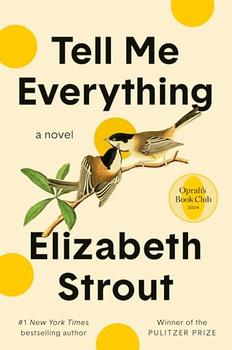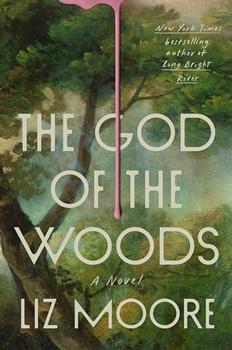(10/8/2007)
Diaz's first novel, after his short story collection Drown, is an exciting entry in the growing list of Caribbean literature. Diaz tells the story of the unlucky - in so many ways - Oscar de Leon through multiple voices, detailing the fuku that appears to curse's family. Each one of these voices tells Oscar's sad story, but also the modern history of the Dominican Republic and Dolinicians in The United States. The voice of the main narrator - Yunior, a collegiate friend and tormentor of Oscar - is brilliant. Using a fast-talking, Spanish-sprinkling, name-dropping, pop-culture-referenced voice, Yunior draws the reader into Oscar and his family; the reader is also drawn into the 30 year rule of the country's dictator, which shapes Oscar's fate as Oscar and his mother are linked to Oscar's grandfather - an early victim of the dictator. The book, by a young, emerging author, is enthralling and enjoyable!



